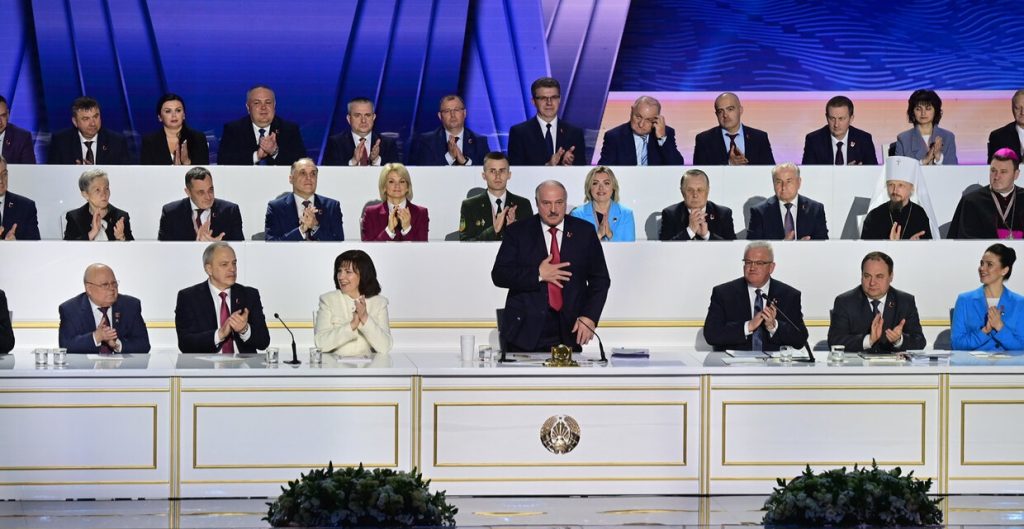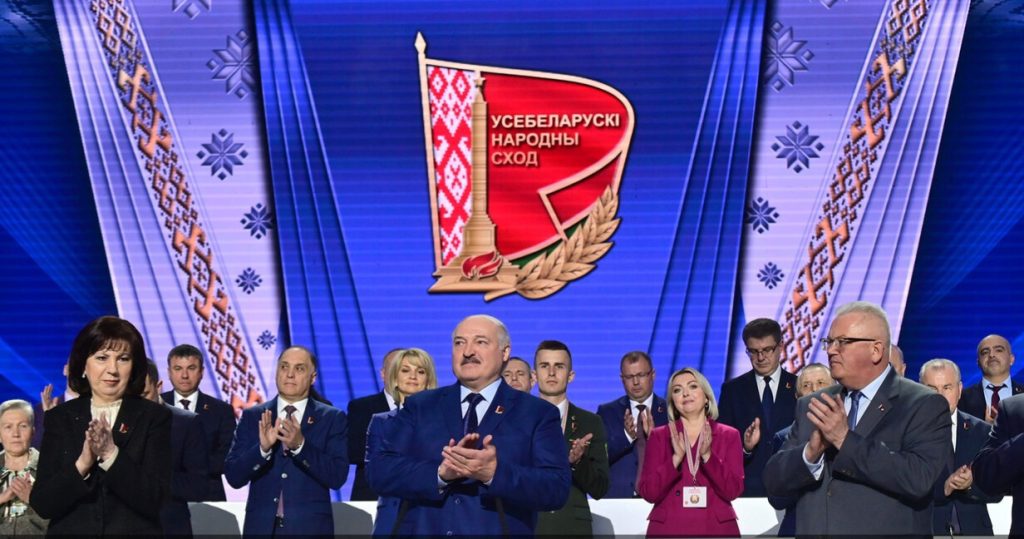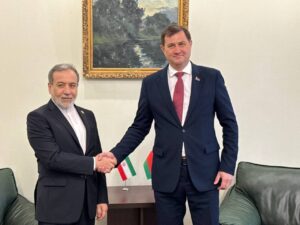Belarus Hosts Inaugural Session of 7th Belarusian People’s Congress

Minsk, The Gulf Observer: On April 24-25, 2024, the Republic of Belarus hosted the first session of the 7th Belarusian People’s Congress (BPC), the supreme representative body of the people’s power of the Republic of Belarus, the guarantor of political stability and sovereignty of the country, established in 1996 on the initiative of the Head of State.
On the first day of the BPC Alexander Lukashenko made a speech in which he spoke in detail about the role and place of the BPC in the renewed political system of the state, social and economic achievements of Belarus over the years of its sovereign development, as well as about the situation in the world and around the country.
On the agenda of the second day of the meeting the strategic planning documents were considered and adopted: the National Security Concept and the Military Doctrine were approved.
The Assembly is called upon to make decisions on the approval of the main directions of domestic and foreign policy, the program of socio-economic development of the country. At the suggestion of the Head of State, the BPC has the right to propose amendments and additions to the Constitution of the Republic of Belarus.
The permanent maximum number of delegates of the BPC is 1 200, the term of office is 5 years, and the frequency of its meetings is at least once a year. The decisions of the BPC have the status of binding and can cancel legal acts and other decisions of state bodies that contradict the interests of national security, except for the acts of judicial bodies; it has the right to consider the issue of impeachment.
The BPC has the right to declare a state of emergency or martial law in the territory of the Republic of Belarus if there are grounds provided for by the Constitution of the Republic of Belarus, as well as to decide on sending peacekeeping missions outside Belarus on the proposal of the President.
In case of critical moments, the BPC will act as an “arbitrator”, a safety mechanism to exclude the possibility of paralysis of the system of state administration.




